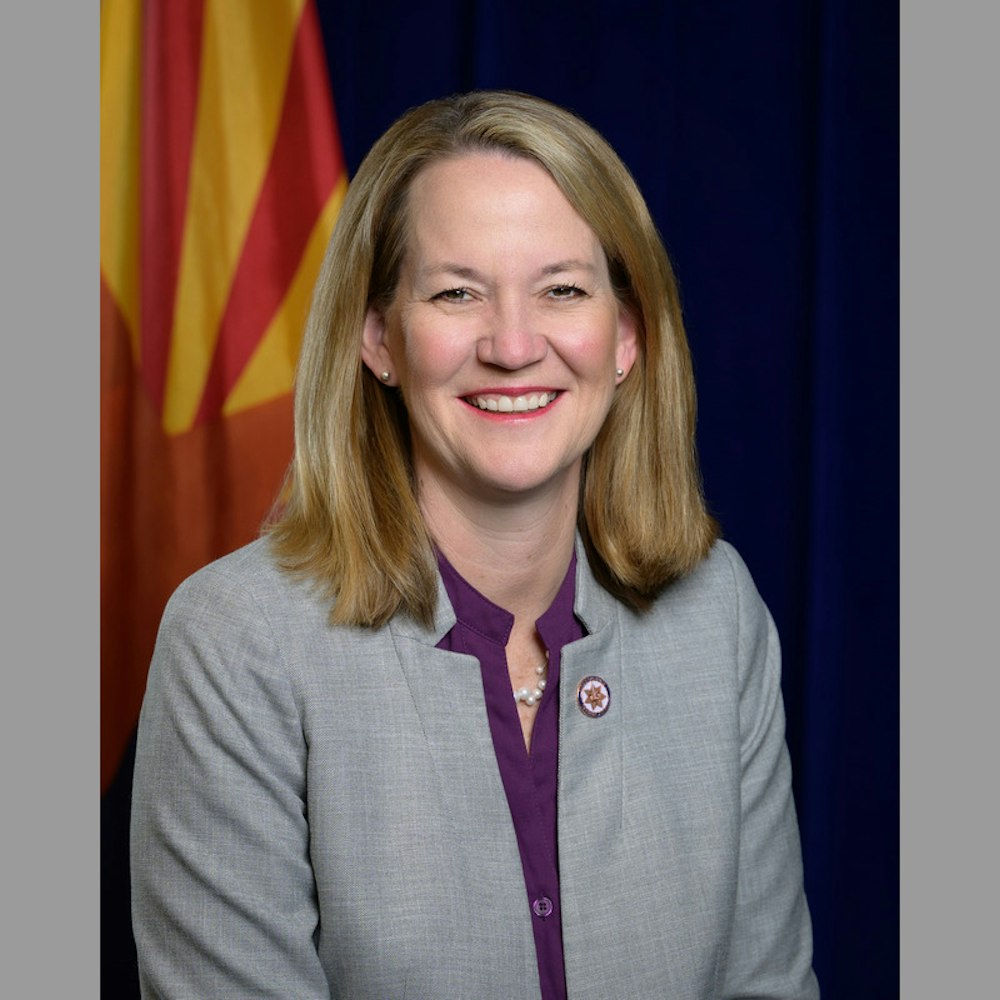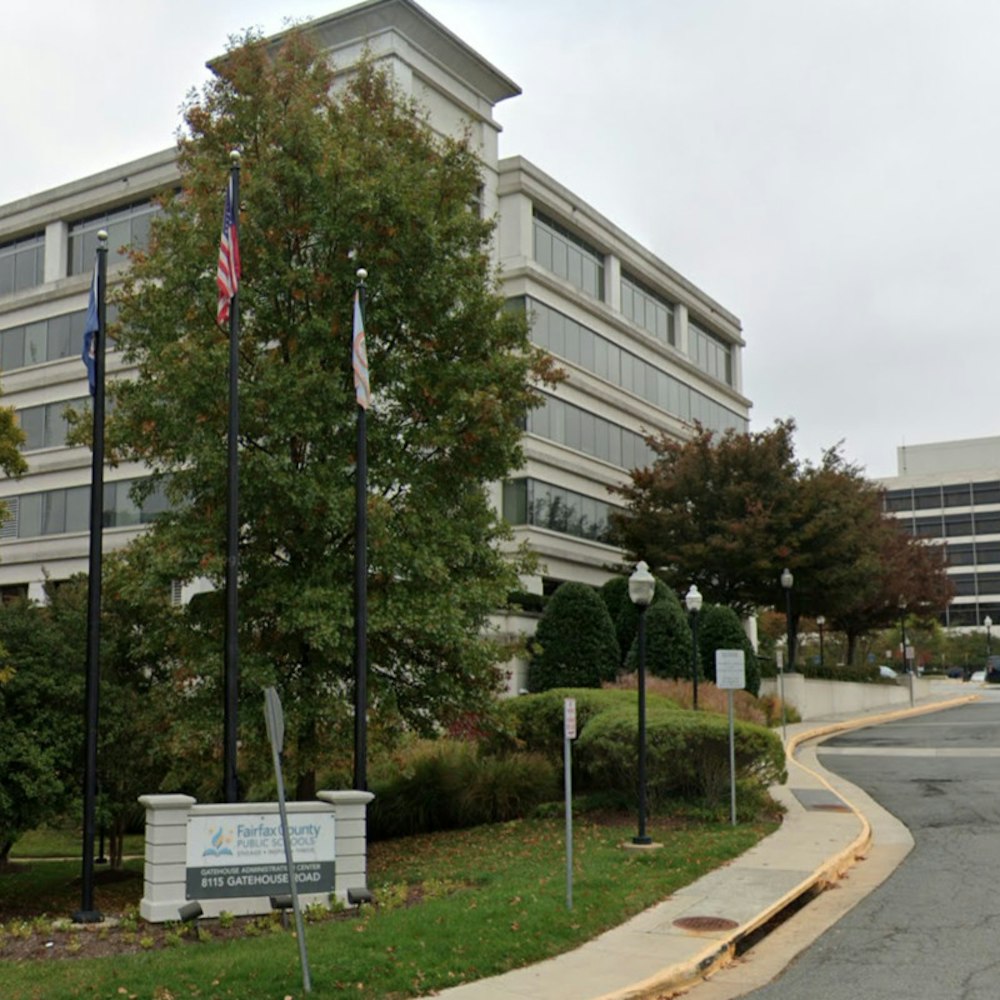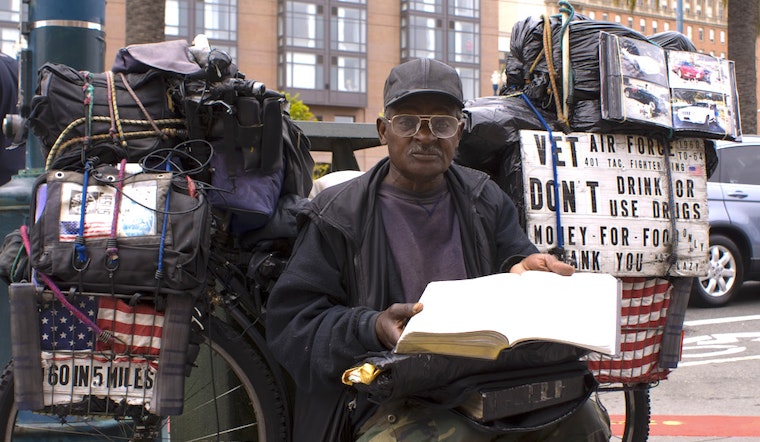
Governor Jerry Brown is in San Francisco this morning to sign into law a package of legislation aimed at addressing the state's housing crisis.
The signing will take place at the Hunters View development in the Bayview at 11:00am.
“The funding measures that passed will provide $5 billion in funding collectively for affordable housing,” said Assemblymember David Chiu, who represents the city's east side. It is the largest injection of affordable housing funding since the state's redevelopment agencies were dissolved in 2012.
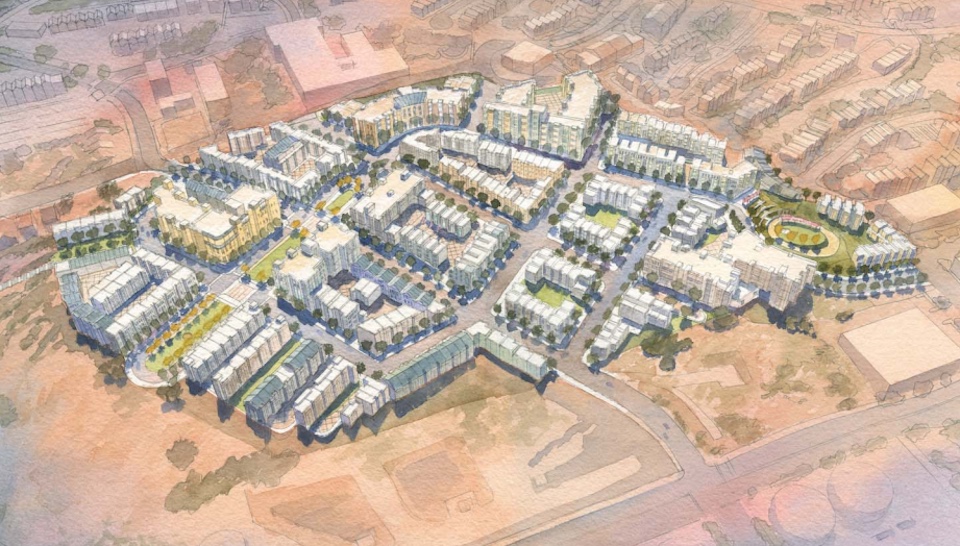
“It was truly a historic legislative session,” said Michael Lane, policy director for the Non-Profit Housing Association of Northern California, which helped organize representatives from Residents United Network — all residents of affordable housing — to visit legislative offices beyond the Bay Area.
The funding will support a pipeline of planned affordable housing developments, and guidelines in the legislation will ensure that localities use the money for the intended purpose, Lane added.
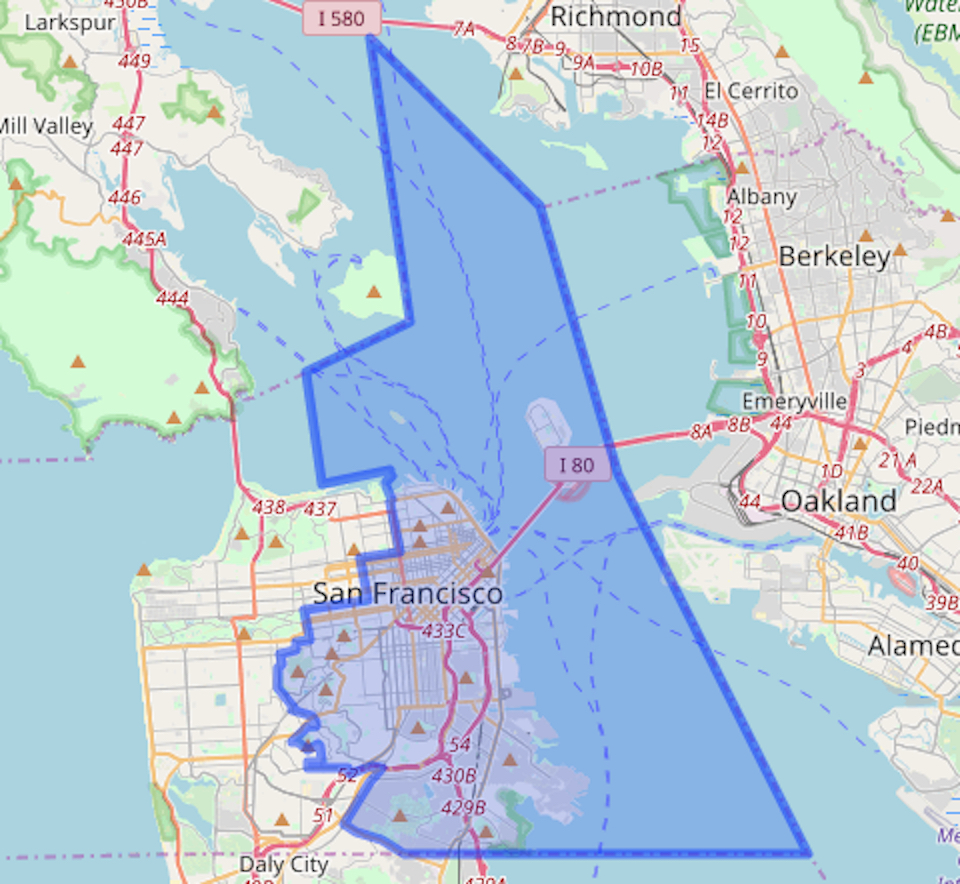
The first funding measure, SB 2, imposes a $75 fee on real estate transaction documents starting next year, with the funds distributed to localities.
In 2018, half of that money must be dedicated to addressing homelessness, Chiu said.
“San Francisco, as a city and county, will have the freedom to prioritize funding decisions for that money,” Chiu said. The other half of the 2018 funds will go towards updating local planning and zoning ordinances to support faster, more streamlined affordable housing development.
While localities don’t have to build of all of that housing on their own dime, they are required to plan for it, said Lane.
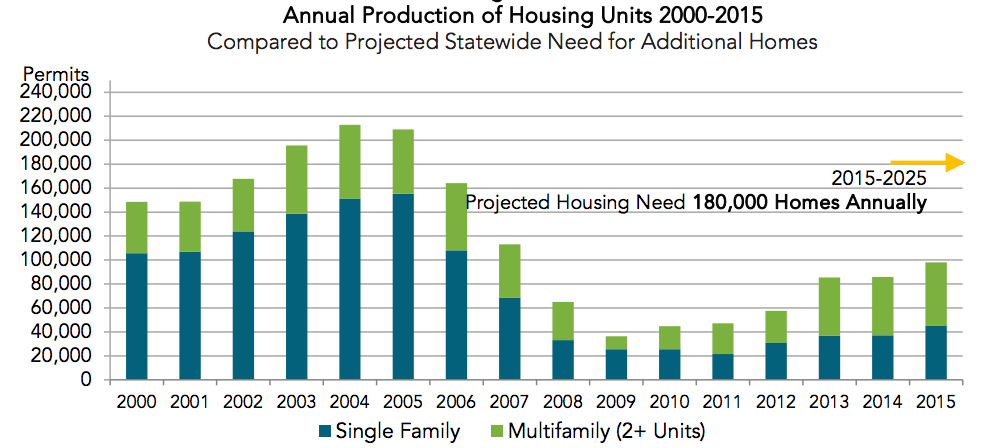
Other bills included in the housing package:
- SB 35: Creates a fast-track process for infill developments in localities that have failed to meet their regional housing needs assessment numbers, with specific requirements for affordable housing.
- AB 73: Incentivizes local governments to encourage high-density development around public transit.
- AB 1505: Authorizes cities and counties to establish inclusionary housing requirements as a condition of the development of residential rental units.
- AB 1521: Strengthens the law regarding the preservation of assisted housing.
- AB 72: Gives the Department of Housing and Community Development (HCD) legal recourse if a city's action or failure to take action is inconsistent with state housing element law.
- SB 166: Requires localities to ensure they are adequately accommodating for unmet housing needs.
- SB 167: Imposes fines and other potential legal penalties for a violation of the Housing Accountability Act (the Act) if a locality unlawfully chooses to deny an affordable housing project.
- SB 540: Allows local jurisdictions to create workforce housing opportunity zones (WHOZ) which must contain a specified amount of affordable housing, with an inclusionary requirement.
- AB 571: Amends the state’s tax credit for to fund farmworker housing to help increase the supply of farmworker housing.
- AB 879: Requires local governments to report the number of housing development applications received each year and the number of units approved or denied each year, and requires the state to conduct a study considering whether to reduce fees for residential development.
- AB 1397: Sets more rigorous requirements for the analysis necessary prior to allowing sites with existing uses to be considered suitable for residential development.
- AB 1515: Makes changes to the Housing Accountability Act (HAA) to encourage greater production of housing and expand the number of housing developments afforded the protections of the HAA.
Chiu said he was also enthusiastic about a couple of bills that passed both houses but weren't included the broader package.
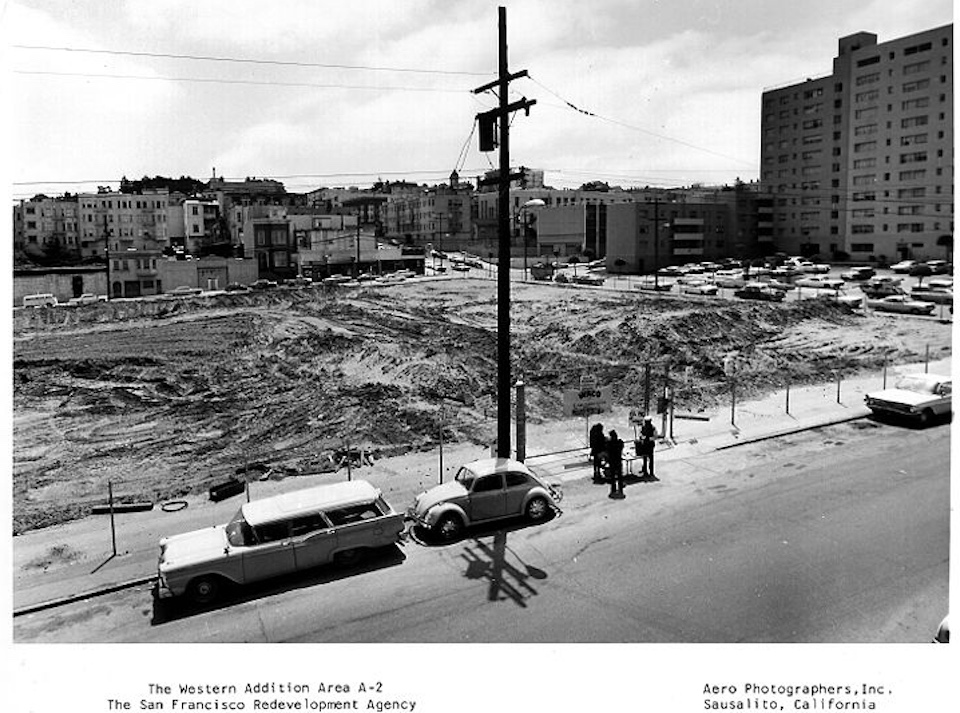
As we previously reported, AB 74 creates a pilot aimed at housing people before they become homeless, which Chiu said is more cost-effective and humane.
Chiu added that he views AB 291 as a core victory for the protection of San Francisco’s immigrant population, as it prohibits landlords and property owners from increasing rent or evicting tenants due to their immigration status.


